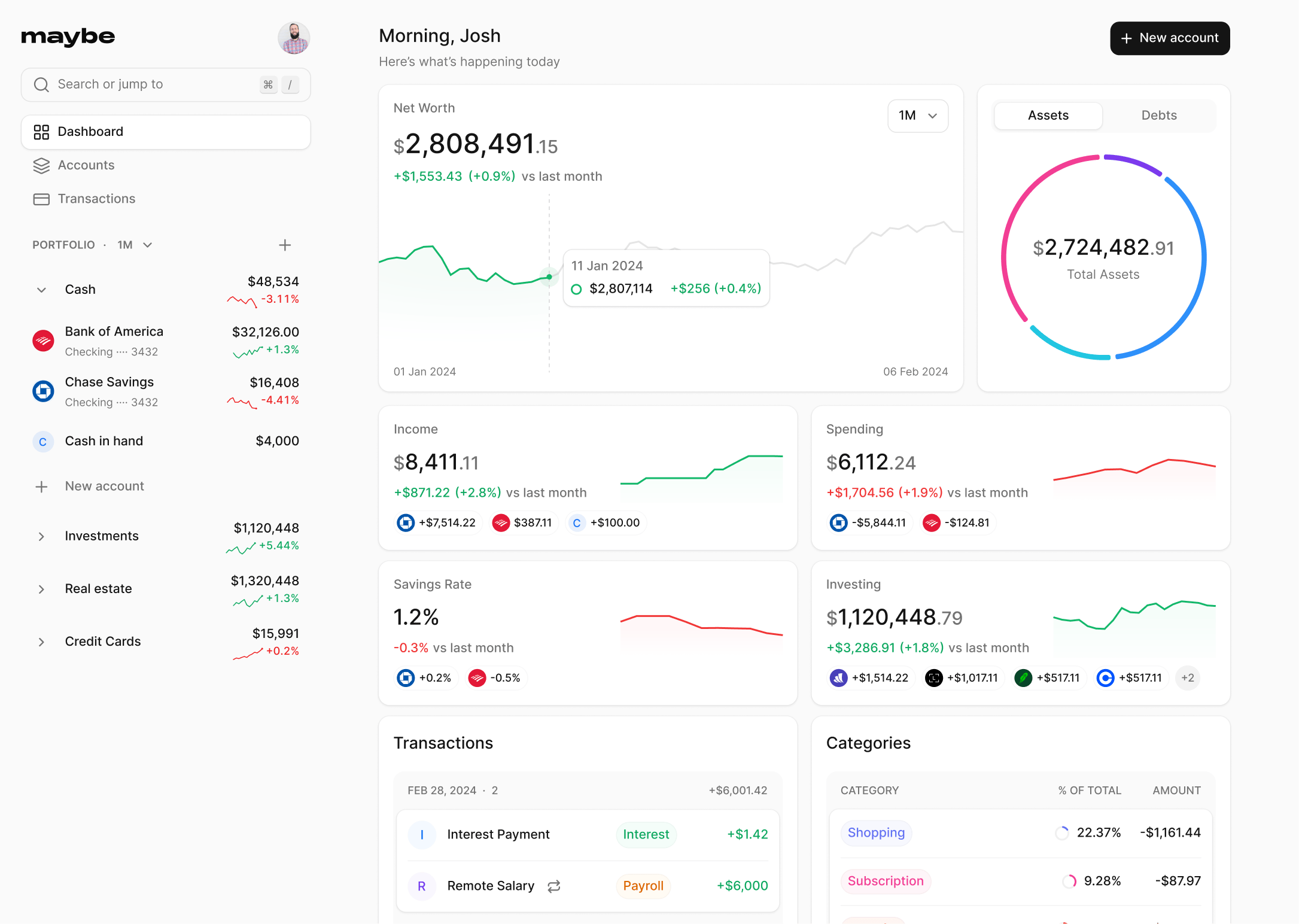Financial Terms / C - D / Certified Financial Planner (CFP)
Certified Financial Planner (CFP)
A Certified Financial Planner is a professional who advises individuals on how to plan out their portfolio and retirement and how to plan and allocate their savings and investments toward achieving their financial goals in the future.
Discover more financial terms
Join the Maybe  waitlist
waitlist
Join the waitlist to get notified when a hosted version of the app is available.
